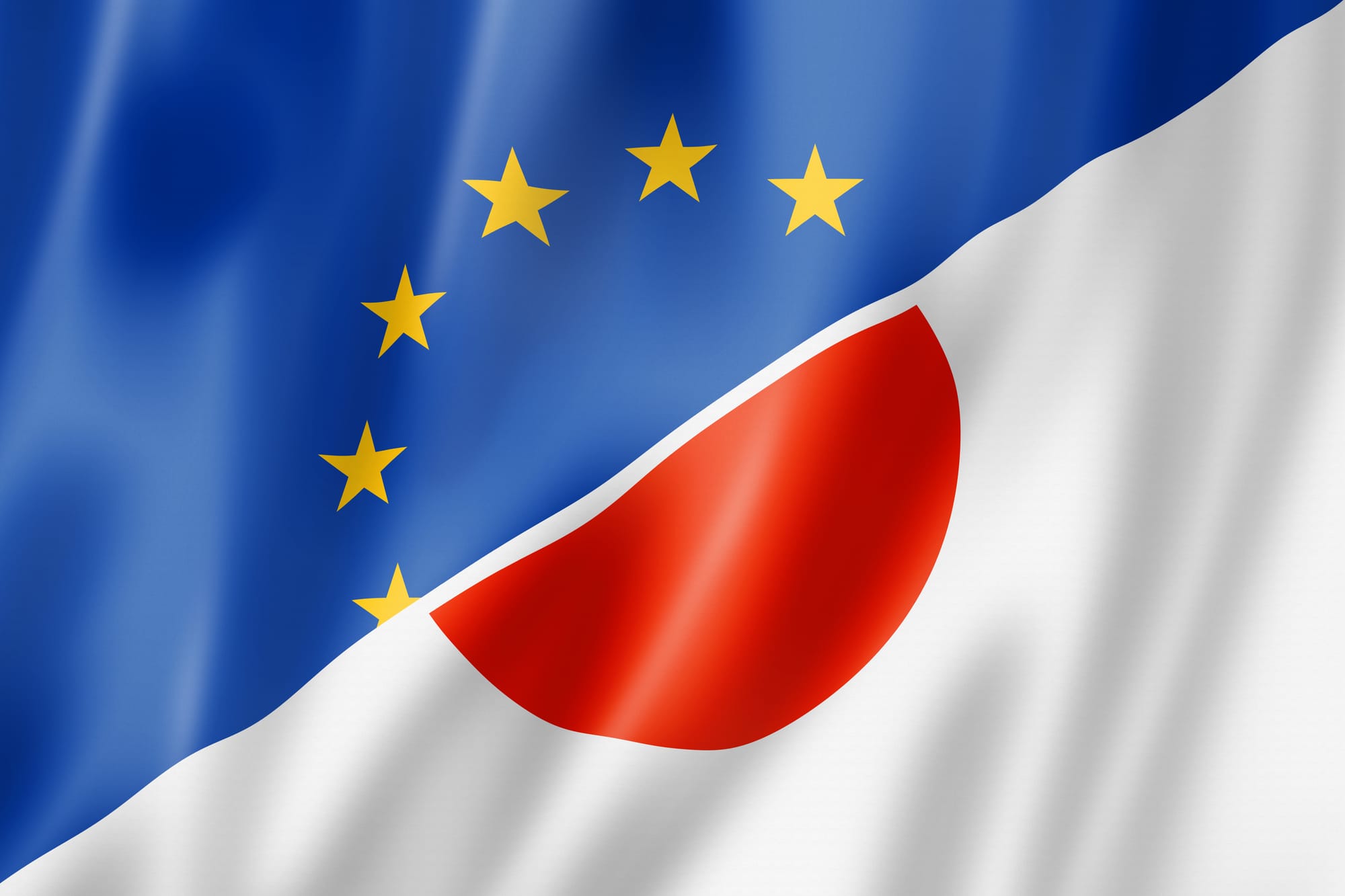A New Era in Japan–EU Strategic Partnership. October 2025

The appointment of Sanae Takaichi as Japan’s first female Prime Minister in 2025 marks not just a symbolic milestone but a decisive shift in Japan’s strategic direction. A protégé of Shinzo Abe and a figure of disciplined conservatism, Takaichi brings a doctrine rooted in economic sovereignty, technological nationalism, and assertive diplomacy. Her leadership seeks to transform Japan into a proactive security actor and industrial power capable of thriving amid East Asia’s tensions and global economic fragmentation.
For the European Union, Takaichi’s rise presents both opportunity and challenge. Over the past decade, the EU and Japan have evolved from trade partners into strategic collaborators through a network of agreements—the Economic and Strategic Partnership Agreements, the Digital Partnership, and the new Competitiveness and Defence Industry Dialogue. Under Takaichi, these frameworks are poised to expand from economic cooperation into the realms of defence technology, cybersecurity, and industrial resilience.
The report explores how this transformation could redefine transcontinental cooperation. Takaichi’s Japan mirrors Europe’s growing pursuit of “strategic autonomy,” prioritising secure supply chains, semiconductor sovereignty, and innovation in dual-use technologies. Her focus on semiconductors, AI, and critical materials closely aligns with European initiatives such as the Chips Act and the Green Deal Industrial Plan. The result is the emergence of a potential EU–Japan Technology Alliance—a democratic counterweight to U.S.–China technological rivalry.
Politically, the study highlights three key European counterparts for Tokyo:
- Ursula von der Leyen, championing industrial coordination and economic security;
- Giorgia Meloni, offering pragmatic alignment on defence industry and sovereignty;
- Alexander Stubb, representing Nordic innovation and transatlantic realism.
Together, these leaders form a network through which Japan can engage Europe’s fragmented yet increasingly strategic landscape.
Defence and industrial cooperation form another cornerstone of the report. Takaichi’s government promotes “proactive deterrence”—a shift from passive pacifism to active resilience—opening new avenues for joint R&D, cybersecurity collaboration, maritime security, and space cooperation. These initiatives complement Europe’s evolving Defence Industrial Strategy, offering a model of partnership based on capability and trust rather than military integration.
Ultimately, the paper argues that Japan and the EU now stand at a pivotal moment of convergence. Both seek to safeguard democracy and innovation through resilience rather than dependence. If managed effectively, this partnership could become a new axis of democratic economic security, anchoring the Euro-Atlantic and Indo-Pacific regions in shared technological and strategic purpose.
Read the full report to explore how Sanae Takaichi’s Japan could reshape Europe’s global partnerships and define the next decade of transcontinental strategy.


